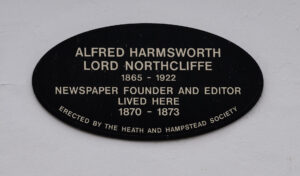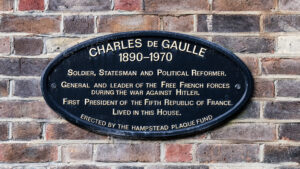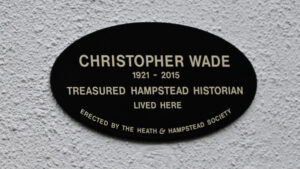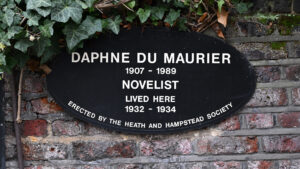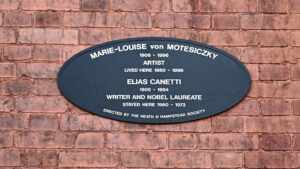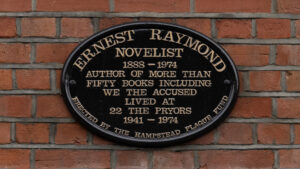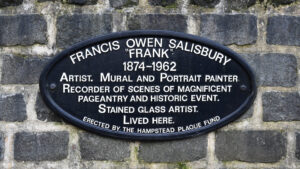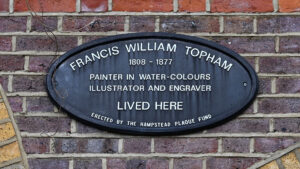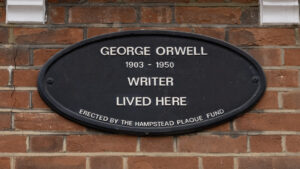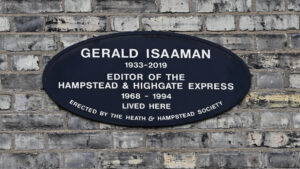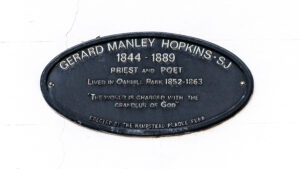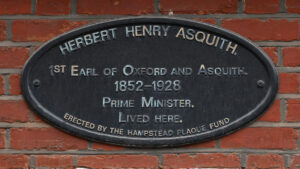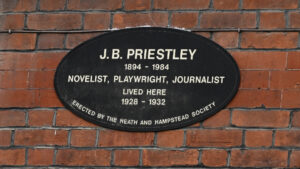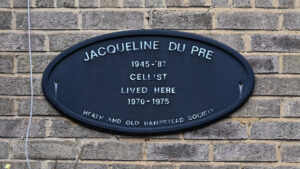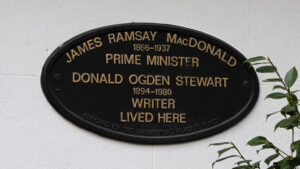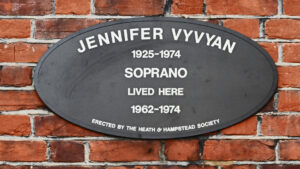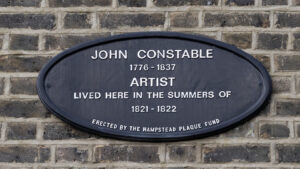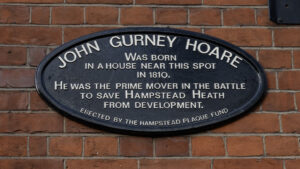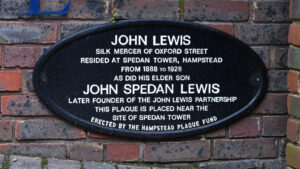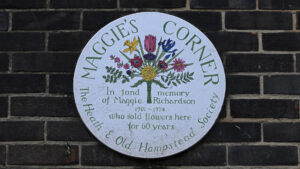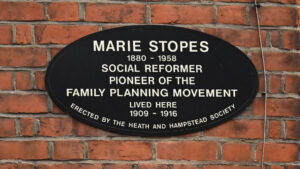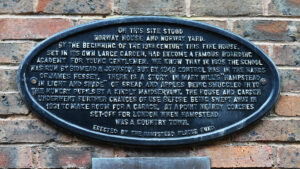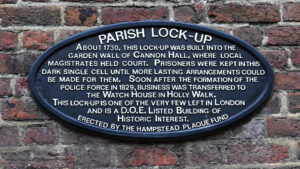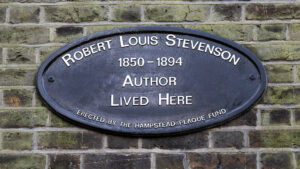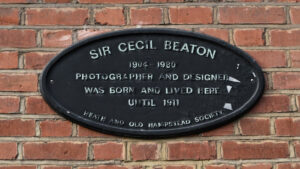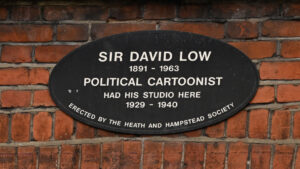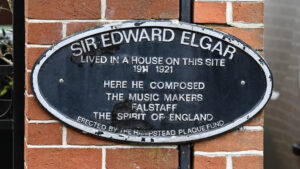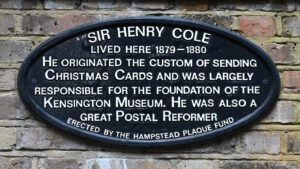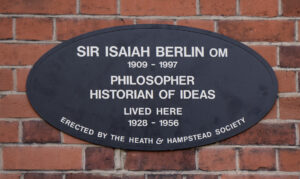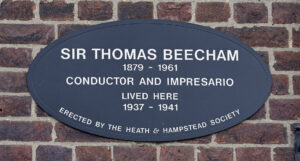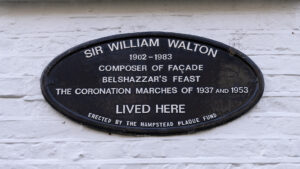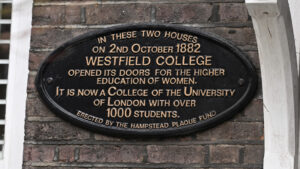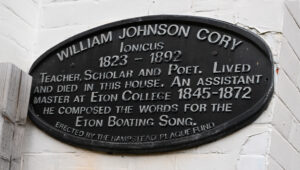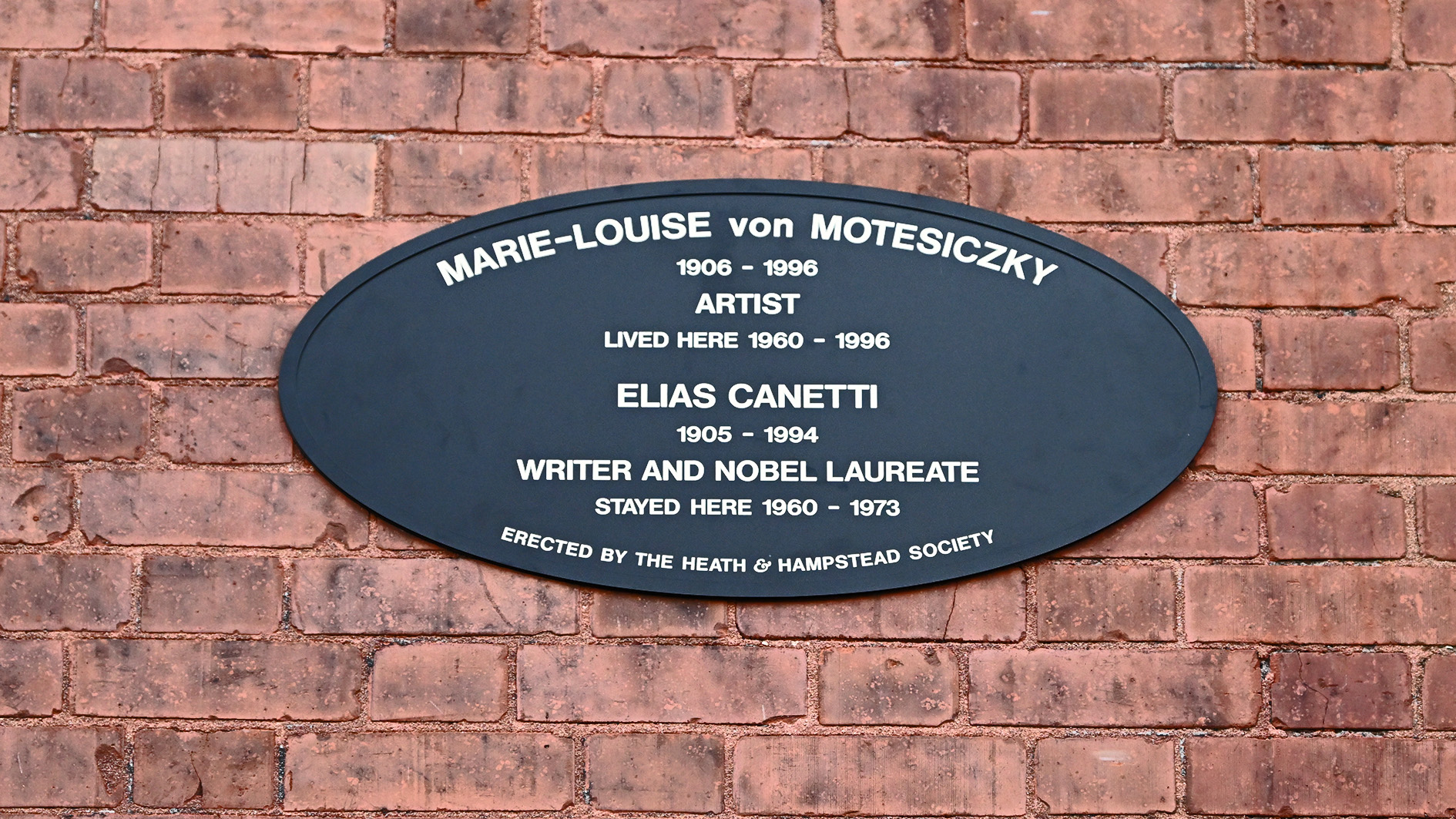
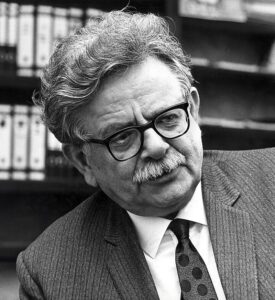 Elias Canetti was born in Bulgaria into a Sephardi Jewish family, and his peripatetic life made him a true cosmopolitan long before he left Vienna in 1938, arriving in Britain later that year, where he became a naturalised subject in 1952. He was already a published author excelling in penetrating, often ironic psychological observation, but largely unknown in Britain where his work was yet to be translated from German into English. The first to appear was his novel Die Blendung (1935), translated by C.V. Wedgwood as Auto-da-Fé (1946).
Elias Canetti was born in Bulgaria into a Sephardi Jewish family, and his peripatetic life made him a true cosmopolitan long before he left Vienna in 1938, arriving in Britain later that year, where he became a naturalised subject in 1952. He was already a published author excelling in penetrating, often ironic psychological observation, but largely unknown in Britain where his work was yet to be translated from German into English. The first to appear was his novel Die Blendung (1935), translated by C.V. Wedgwood as Auto-da-Fé (1946).
Canetti was involved with many women, but the relationship with Marie-Louise von Motesiczky was one of the most consistent. Their correspondence across nearly fifty years (now in Tate’s Archive) is testimony to the vital role they played in each other’s lives. He encouraged Marie-Louise as an artist, and she gave him a haven where he could keep his library and write. The most notable outcome of this was one of the works that contributed to his citation for the Nobel Prize for Literature in 1981: Masse und Macht (1960), translated by Carol Stewart as Crowds and Power (1962), a psychological study of the history of human behaviour informed by his direct experience of the inter-War years.
After his second marriage in 1971, Canetti settled in Zurich where he died in 1994. Three volumes of autobiography were published between 1977 and 1985, while the excoriating fragmentary memoir of his initial time in England, Party in the Blitz, that he wrote at the end of his life, was first published in English in 2005, translated by Michael Hofmann with an afterword by Jeremy Adler.
VIEW ON MAIN INTERACTIVE MAP
1
